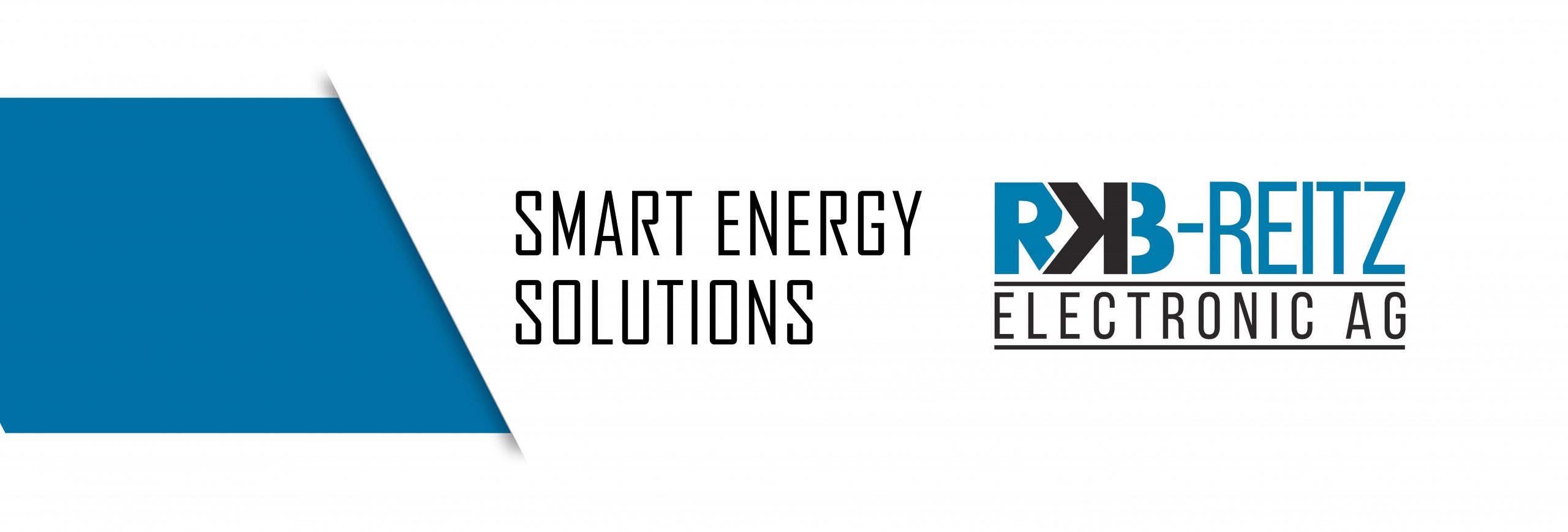Guidelines
-
UN-Transportation Test
The UN-Transport regulations concerning lithium batteries are governed by the ADR Agreement (European Agreement concerning the International Carriage of Dangerous Goods by Road). Since January 1st, 2009, Lithium batteries are considered as hazardous for transport, being cathegorized as Class 9. In order to facilitate its transportation, specific regulations set forth in the ADR must be complied with. Distinction must be made between lithium metal batteries, lithium-ion batteries and the way and type of packaging.
- UN 3480 Lithium-ion batteries
- UN 3481 Lithium-ion batteries contained in equipment or packed with equipment
- UN 3090 Lithium-metal batteries
- UN 3091 Lithium-metal batteries contained in equipment or packed with equipment
Additionally, each battery type has to pass a UN-Transportation Test based on the provisions set out in Chapter 38.3 of the Manual of Tests and Criteria, Part III. Only after passing such test is the transportation of lithium batteries possible.
In order to spare our customers the time-consuming process, our company offers the UN-Transportation Test as part of our services.
Please contact us for additional information.
-
(German) Das Batteriegesetz – BattG
Das Batteriegesetz setzt die europäische Altbatterierichtlinie von 2006 in nationales Recht um und gilt in Deutschland seit dem 01.12.2009. Es beinhaltet verbindliche Ziele für die Rücknahmemenge, sowie Beschränkungen für die Verwendung von Cadmium und Quecksilber bei Batterien und Akkumulatoren. Hersteller und Importeure sind laut BattG § 4 verpflichtet sich im Batterie-Melderegister des Umweltbundesamtes unter Angabe der durch Rechtsverordnung nach § 20 (1) anzuzeigen (www.umweltbundesamt.de). Die Rücknahme- und Entsorgungsverantwortung liegt immer beim Hersteller, Importeur oder Vertreiber.
-
Disposal of batteries
Do not throw batteries in the home garbage bin…!!!
In compliance with the Batteries Act (BattG § 5), we as a manufacturer and distributor of batteries and accumulators, have a Take-Back obligation. Proper disposal of batteries is not only important to avoid contamination of the environment, but also for recycling raw materials that can be reused to manufacture new batteries and accumulators. To ensure proper disposal we have joined the GRS-Batterien Foundation (Joint Collection Scheme). The provided collection containers are picked up by GRS-Batterien, batteries and accumulators are then sorted and disposed of.
Additional information >> http://www.grs-batterien.de/
-
IEC 62133 Testing and CB-Certification
We perform tests with cells and batteries according to IEC 62133 and can provide you a CB-certificate. The CB-Scheme was initiated by IEC in order to ease approval procedures for products in different countries.
For CB-Certification of products which contain batteries, it can be necessary that these are certified according to IEC 62133.
The standard IEC 62133 distinguishes between Nickel and Lithium-Ion cells and batteries. Depending of the chemistry and type (cell or battery pack) several different tests have to be performed to gain an IEC 62133 CB certificate.
For Lithium-Ion cells and batteries the 62133 contains the following single tests:
8.1.2 Charge
8.2.1 Continuous charge
8.2.2 Moulded case stress
8.3.1 External short circuit
8.3.3 Free fall
8.3.4 Thermal abuse
8.3.5 Crush
8.3.6 Overcharge
8.3.7 Forced Discharge
8.3.8 Transport
8.3.9 Forced Internal ShortIf you are looking for a competent partner who can perform the IEC 62133 testing and certification in a fast and professional way, please
contact us!


